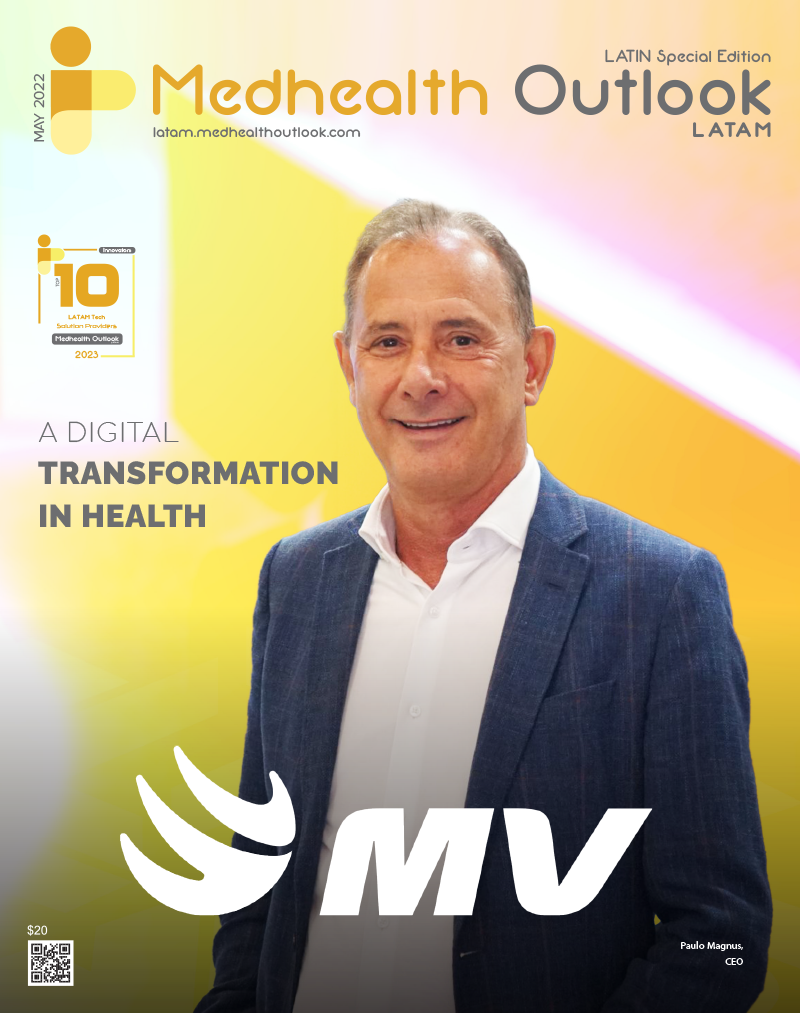SMITH & NEPHEW: Zero Pressure Injuries for A Life Unlimited
Despite numerous technological advancements in the medical sector, caregivers still struggle to get around the hurdle of pressure injuries in hospitals today. According to recent studies, about 2.5 million Hospital-Acquired Pressure Injuries (HAPIs) are treated each year in the US acute care facilities alone, leading to an estimated annual burden of $11 billion. To reduce the risks, the National Pressure Ulcer Advisory Panel (NPUAP) guidelines mandate the adoption of prevention protocols for high-risk patients, including prophylactic foam dressings, preventative skincare with pH balanced skin cleanser, and efficient patient repositioning.
However, manual adherence to these protocols is tiresome and redundant. Today, healthcare professionals demand efficient positioning protocols to safeguard patient health in the skin, cardiovascular, respiratory, neurological, gastrointestinal, and musculoskeletal areas. This is precisely where Smith & Nephew jumps in with its state-of-the-art patient positioningsystem, guided by the motto of providing‘Life Unlimited’ by restoring people’s bodies and their self-belief.
“We focus on providing not just the products to treat physical conditions but also to support clinicians with technologies designed for prevention and treatment, helping healthcare facilities to reduce the cost of care,” says Simon Fraser, President of Advanced Wound Management, Smith & Nephew.
Smith & Nephew’s unique Leaf Patient Monitoring System, complemented by a range of other advanced wound care products, aims to turn HAPIs a thing of the past. With its recent acquisition of Leaf Healthcare, Inc, the company is now fully equipped with the cutting-edge Leaf System that enables providers to deliver an advanced healthcare service for patients. The system comprises a small, lightweight, wearable sensor embedded with an accelerometer that wirelessly monitors a patient’s position and mobility while inthe hospital. This data is then used toautomate, track, and document the effective implementation of prescribed turn protocols for at-risk patients. “Smith & Nephew offer a comprehensive solution portfolio to help our customers adopt efficient pressure injury prevention protocols at their facilities,” adds Fraser.
As the first FDA-cleared medical technology that can continuously monitor patient activity and position, the Leaf Patient Monitoring System sends real-time notifications to help caregivers identify those who need repositioning or adjustment. This also enables the nurses to know how far they need to turn the patients to prevent injuries, thereby ensuring a faster recovery time. While it’s Integrated Positioning Index (IPI) tool can precisely measure the effectiveness of patient turning—patient turn frequency, turn angle, and tissue recovery period—in real-time. Besides, the system’s digital interface collects all the information from the sensor to helpproviders devise customized care plans for each patient, optimized to the National Pressure Injury Advisory Panel (NPIAP) guidelines. This information is accessible at all times on a centralized display at the nurses’ station or on any computer in the facility, which even includes workstations on wheels.
The Leaf System’s degree of efficiency in hospital care delivery is evident from a Randomized Controlled Trial (RCT) that the Stanford University conducted in 2018. This independent survey involving more than 1200 high-risk patients in ICUs evaluated optimal patient repositioning utilizing the Leaf Patient Monitoring System and found out that it induced a 43 percent relative increase in turning protocol compliance. The study also revealed that the patients with the Leaf sensor were up to 73 percent less likely to develop pressure injuries in hospitals, thereby assisting hospitals to deliver better patient care.
Apart from the Stanford University RCT study, several major pilot programs and documentation highlight the real-world significance of the Smith & Nephew’s Leaf Patient Monitoring System. One of the most noteworthy among them is a 10-month study on the impacts of Leaf System conducted by the Specialty Hospital of Central Jersey, which revealed that the Leaf System’s patient repositioning protocols significantly reduces sacrococcygeal pressure injuries by about 85 percent. They also reported improved facility quality metrics when the system is used consistently over a long period. Following this, another pilot program organized by the Centra Speciality Hospital in Virginia found out that utilizing wearable Leaf sensors to cue patient repositioning reduced HAPI incidents by about 94 percent and estimated an ROI of more than $370,0s00 in four months.
Owing to an in-depth industry experience dating back to 1856, Smith & Nephew now boasts a vast clientele spanning over more than 100 countries worldwide. Now, with the latest adoption of the Leaf Patient Monitoring System, the company is all set to eliminate the plague of pressure injury in healthcare facilities. In the future, Smith & Nephew is planning to leverage this comprehensive treatment portfolio to shift gears and expand into new and unexplored markets.
“We focus on providing not just the products to treat physical conditions but also to support clinicians with technologies designed for prevention and treatment”
Smith & NephewS
Simon Fraser
Management
President of Advanced Wound Management
Website
www.smith-nephew.com




